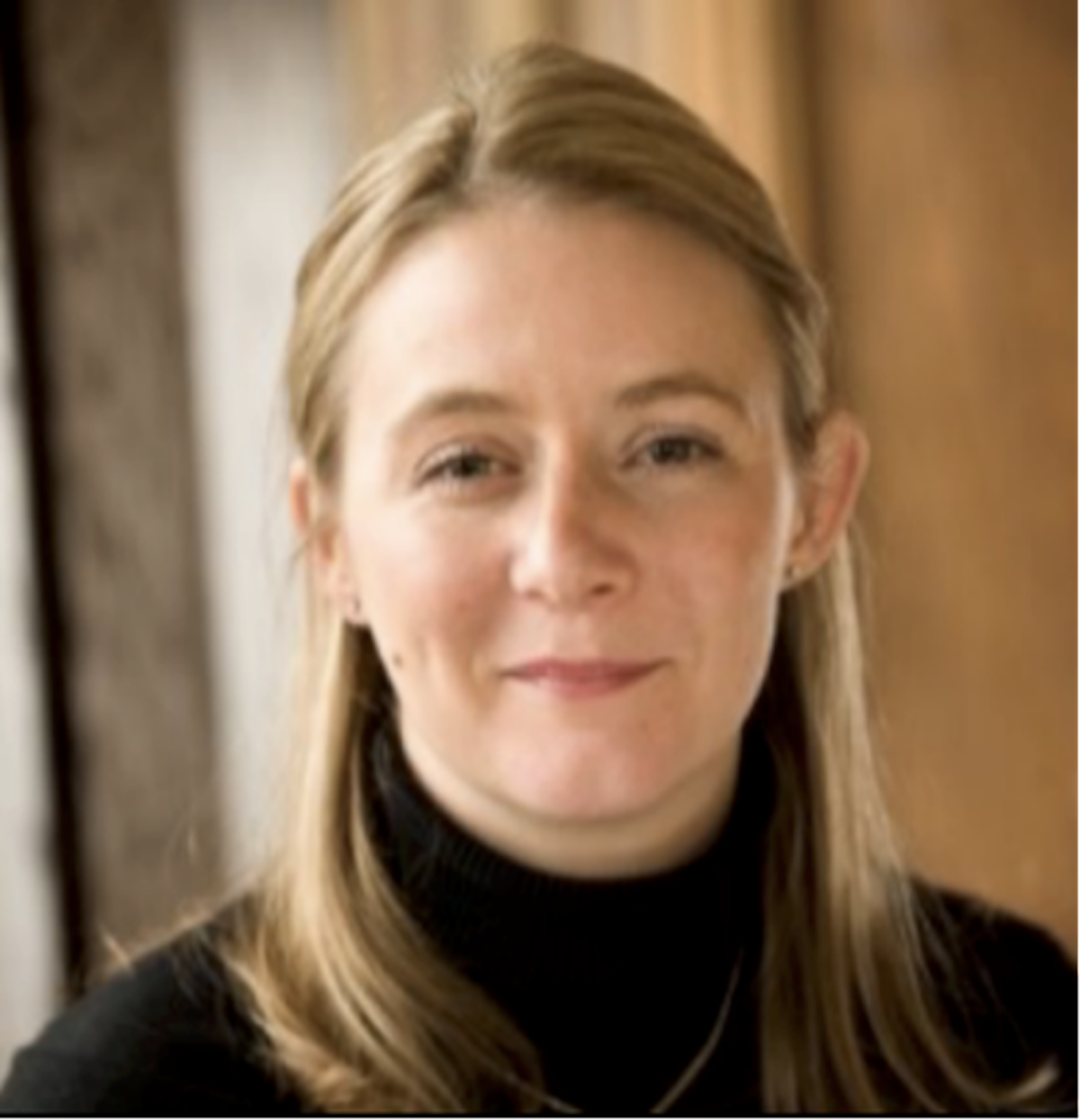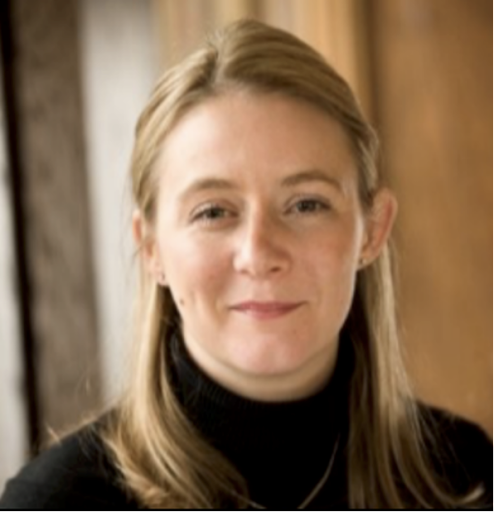The VP of Business Development and Enterprise Partnerships explains how prioritizing self-care contributes to productivity.
By
- Emma Mills, VP Business Development, Enterprise Partnerships at Mastercard

I like to be productive in the morning, so I write to-do lists and focus on getting some quick wins early in the day. Crossing a few things off of my list makes me feel like I am achieving, which sets me up for a positive rest of the day.
I’ve also found that it’s difficult to get to sleep when your mind is thinking through all of the things you need to do the next morning. It’s easier to rest and get to sleep if you spend 10 or 15 minutes getting your bag or desk ready for the next day. You won’t lay awake worrying that you’ll forget what you need to do. This small investment of time gives you many hours of more restful sleep.
To better connect with others I apply a mental value to meetings that are not directly work-related, knowing that good relationships make working together in the long term more efficient. If I can spend 15 minutes aligning or checking in with a colleague, it will likely mean that I don’t need to have a lengthier meeting next week to clarify. Time spent today will be time saved over years.
Since we have all been spending more time connecting from our homes, being more personal and human with one another has really broken down barriers. Little rituals with colleagues, like scheduling time for a cup of tea (or glass of wine), even if it is virtual, makes all the difference.
When we are at the office, I like to make sure that we build social time into office time, perhaps by attending an exercise class or going out to lunch together. I also prioritize making time during calls to catch up and chat rather than using the full time for a fixed agenda. It’s amazing what you learn about one another by intentionally making some meetings a bit longer, or setting time aside for this.
I’ve found that Microsteps help you slow down and take a moment to think about what you are doing. It’s momentary, but so effective. They can really reduce the moments of panic that you sometimes feel, and they help to build awareness around why you may or may not be doing a certain activity.
For example, it’s easy to get caught up in professional responsibilities all the time. It’s important to remember that you have permission not to be continuously in back-to-back meetings or working very long hours. Booking focus time, being thoughtful, and letting your mind ponder a subject has as much work value as creating physical output. While you are busy being busy, you may be missing other opportunities, so make sure you leave time for people to connect and involve you in things outside of work.
My joy trigger is thinking about my family. I am so lucky to have a lovely son and partner. I think about how fortunate we are individually and collectively, and this always brings me to a very positive place. I also like to remind myself of some of the most challenging times in my life that are behind me now, and then put into perspective my current challenges. Often they are very small in comparison and it reminds me that I’ve got this.
Since using the Thrive app and attending some of Thrive’s courses, I’ve become conscious of when I start to think or feel negatively. I now stop myself and have an “inner” conversation to turn the negative view into a positive thought. It’s important to do this as soon as you feel the negativity start and before it takes hold, otherwise it can spiral.
I also really love Thrive’s analysis on how much of our performance is driven by our emotional intelligence, or E.Q. It helps me manage imposter syndrome because everyone is capable of developing E.Q. regardless of your background. It makes me feel like what you have to offer is much more forward facing than backward facing.
Thrive’s webinars and the Thrive app give you permission and actively encourage you to make time for yourself. What is good for you is also good for your performance and, therefore, the company. It makes me feel like I am adding value to the company by supporting my well-being rather than taking anything from it.

Emma Mills, VP Business Development, Enterprise Partnerships at Mastercard
Emma Mills is VP Business Development, Enterprise Partnerships, responsible for bringing the company’s existing assets; its global network, analytics, products and solutions to bear in areas beyond Mastercard’s core business.
Emma is responsible for developing the sales and commercial activities for the UK and Europe for cashless business to business payments beyond card. Emma and her team partner with market leaders, collaborating with innovative organizations to combine expertise and complementary data and technologies in order to bring about industry wide transformative change.
Extensive experience in financial services industry, leading high growth sales teams in FinTech organizations leading to multiple successful exits.
Share your comments below. Please read our commenting guidelines before posting. If you have a concern about a comment, report it here.







